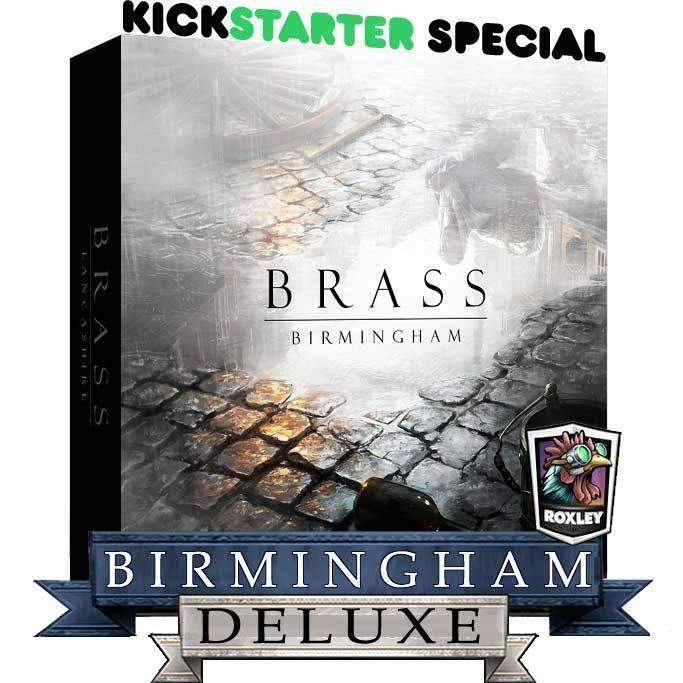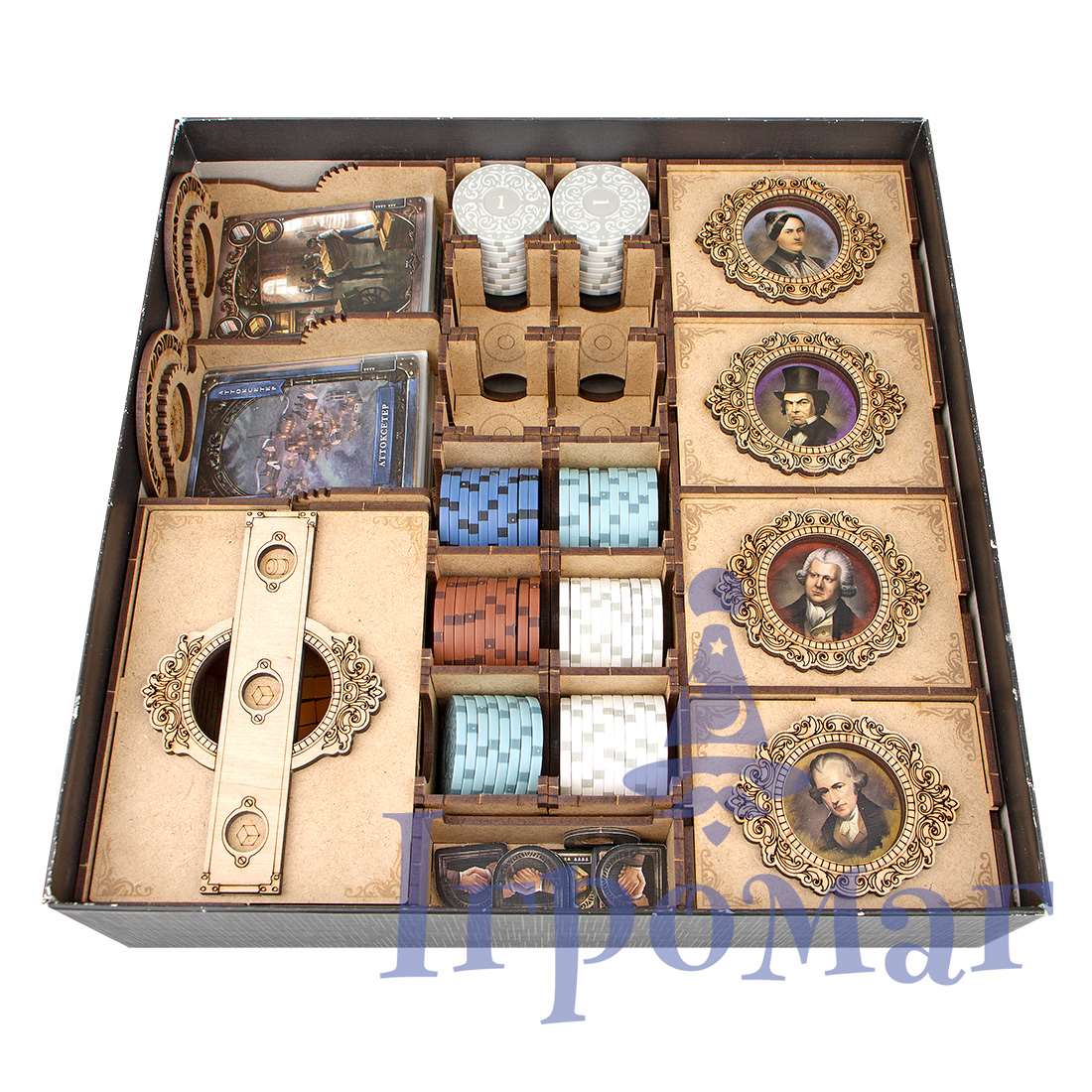

Przez cały czas gry jest cicha rywalizacja o miejsca/zasoby a także wyścig (np.


Gra urzekła mnie mnogością strategii i tym jak bardzo Twoje ruchy muszą być zależne od tego co i gdzie robią przeciwnicy. Zagraliśmy jednak i już po pierwszej grze nie mogłem wyjść z podziwu ile głębi jest w tej grze wyciągnięte z kilku na prawdę prostych zasad. Po przeczytaniu zasad też nie miałem jakiejś wielkiej chęci zagrać, nie widziałem w nich nic specjalnego. Pierwszy raz z Brassem zetknąłem się dosyć dawno temu (12 lat?), było to jeszcze stare wydanie gry, które wizualnie nie zachęcało do grania (chociaż zgadzam się z głosami że było trochę bardziej czytelne niż to obecne). To save on number of coins included in the game the income phase is now the last phaseĭodano: Jedna z najlepszych gier ekonomicznych The level 1 cotton mill is now worth 5 VP to make it slightly less terrible. Two-player rules have been created and are playable without the need for an alternate board. The three-player experience has been brought closer to the ideal experience of four players by shortening each half of the game by one round and tuning the deck slightly to ensure a consistent experience. The virtual link rules between Birkenhead have been removed. Resources are common so that if one player builds a rail line (which requires coal) they have to use the coal from the nearest source, which may be an opponent's coal mine, which in turn gets that coal mine closer to scoring (i.e., being utilized).īrass: Lancashire, the 2018 edition from Roxley Games, reboots the original Warfrog Games edition of Brass with new artwork and components, as well as a few rules changes: This leads to a strategic timing/storing of cards.

The cards limit where you can build your industries, but any card can be used for the develop, sell cotton or build connections actions. At the end of the rail phase, another scoring round takes place, then a winner is crowned. During this phase, players may now occupy more than one location in a city and a double-connection build (though expensive) is possible. After scoring, all canals and all of the lowest level industries are removed for the game, after which new cards are dealt and the rail phase begins. This turn order mechanism opens some strategic options for players going later in the turn order, allowing for the possibility of back-to-back turns.Īfter all the cards have been played the first time (with the deck size being adjusted for the number of players), the canal phase ends and a scoring round commences. Turn order is determined by how much money a player spent on the previous turn, from lowest spent first to highest spent. Each round, players take turns according to the turn order track, receiving two actions to perform any of the following:Īt the end of a player's turn, they replace the two cards they played with two more from the deck. VPs are gained from your canals, rails, and established (flipped) industry tiles. To win the game, score the most victory points (VPs), which are counted at the end of each half. The game is played over two halves: the canal phase and the rail phase. You must develop, build, and establish your industries and network so that you can capitalize demand for iron, coal and cotton. Brass: Lancashire - first published as Brass - is an economic strategy game that tells the story of competing cotton entrepreneurs in Lancashire during the industrial revolution.


 0 kommentar(er)
0 kommentar(er)
